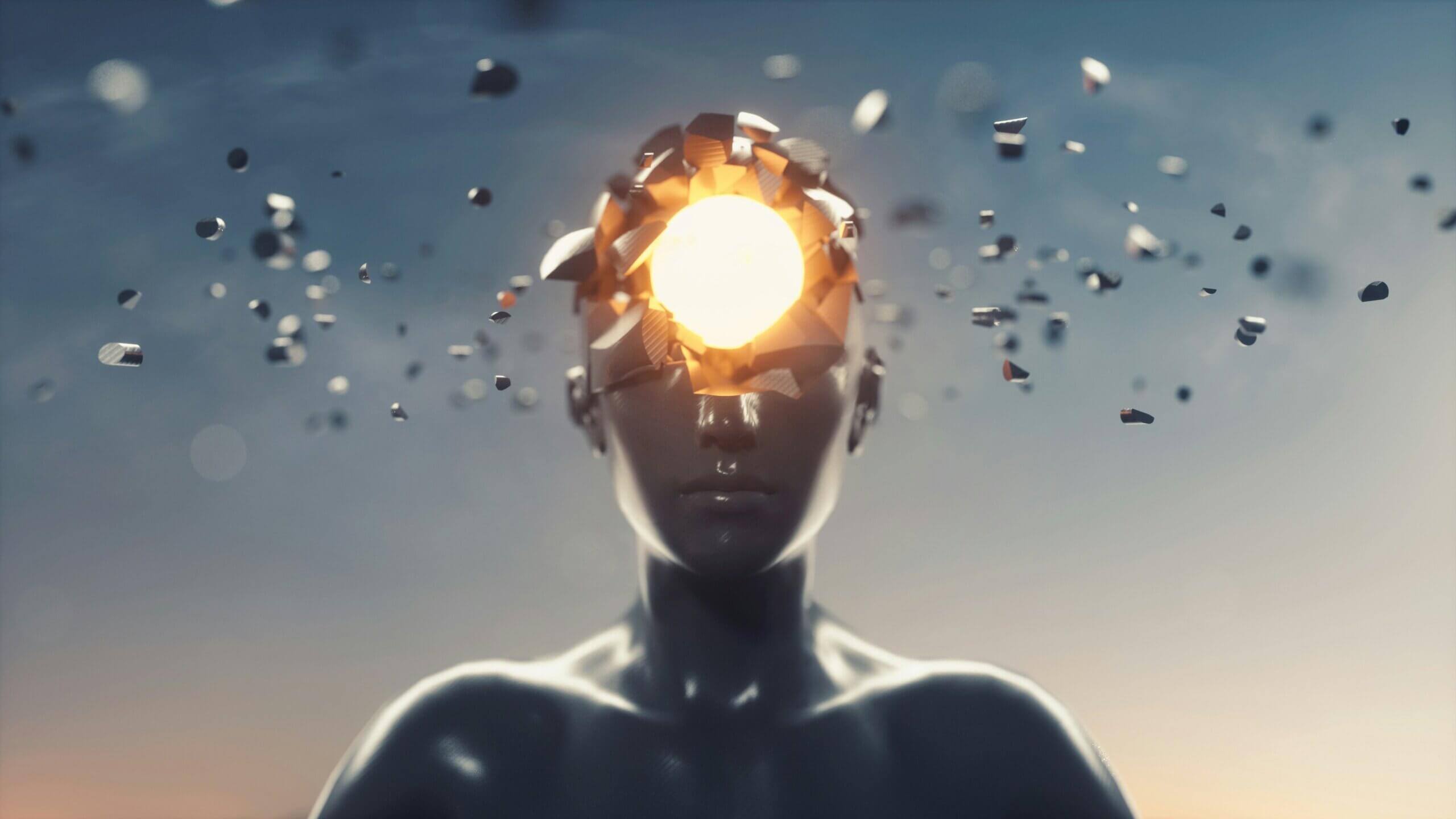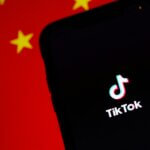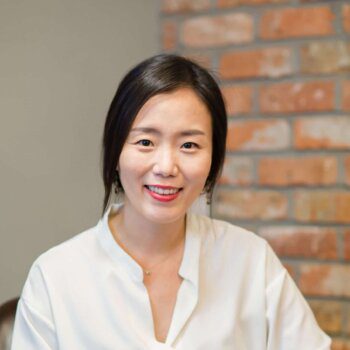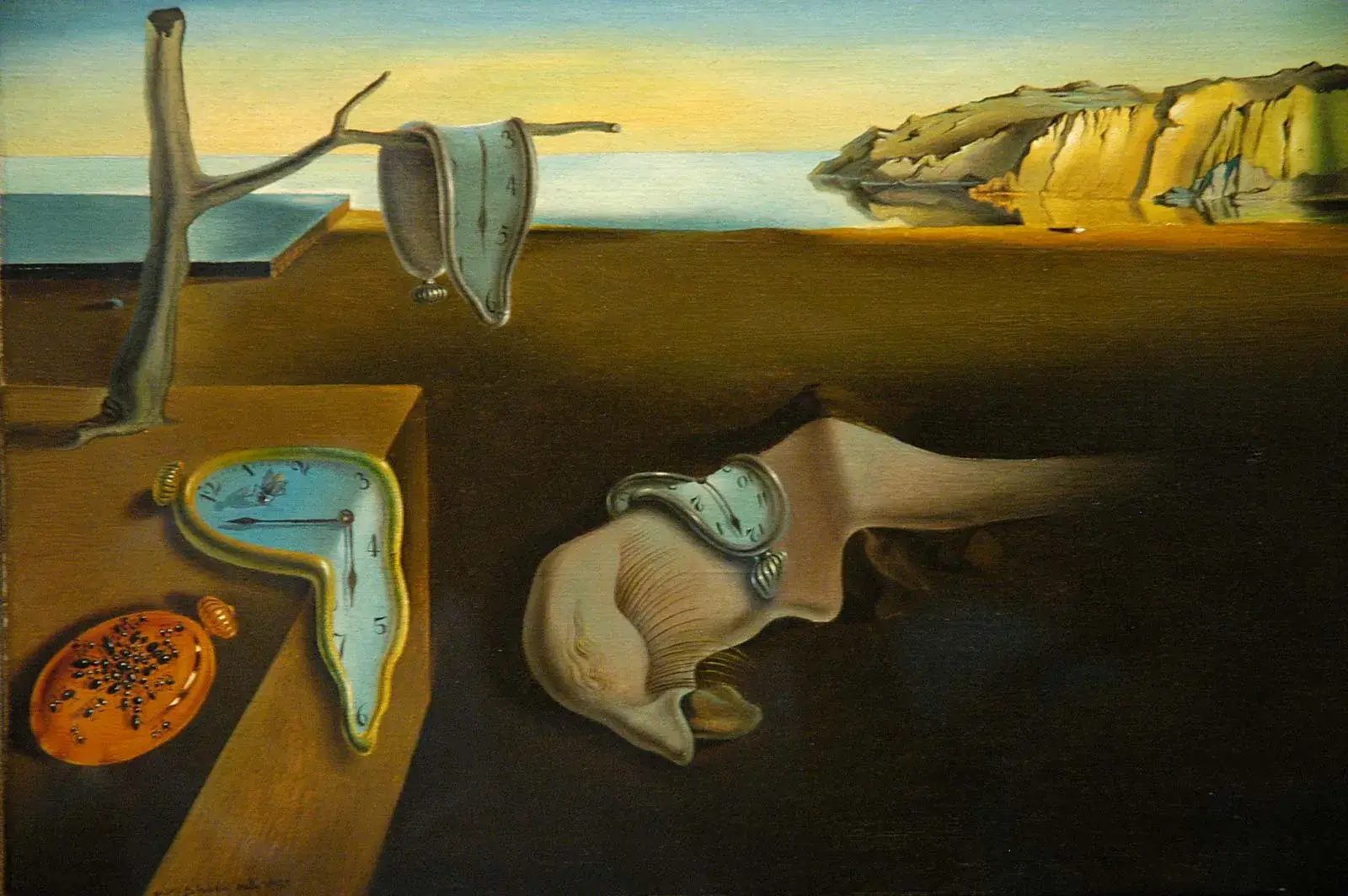Key Takeaway:
Concerns about AI’s potential roguehood and potential harm to privacy and dignity are a significant concern. AI’s algorithms, programmed by humans, are also biased and discriminatory. However, a psychologist’s research suggests that AI is a threat to making people less disciplined and skilled in making thoughtful decisions. Making thoughtful decisions involves understanding the task, seeking counterfactual information, considering multiple options, and delaying closure until after mental effort. Outsourcing decisions to AI exposes people to hidden harm, as it does most of its thinking behind the scenes and presents answers stripped of context and deliberation.
As artificial intelligence creeps further into people’s daily lives, so do worries about it. At the most alarmist are concerns about AI going rogue and terminating its human masters.
But behind the calls for a pause on the development of AI is a suite of more tangible social ills. Among them are the risks AI poses to people’s privacy and dignity and the inevitable fact that, because the algorithms under AI’s hood are programmed by humans, it is just as biased and discriminatory as many of us. Throw in the lack of transparency about how AI is designed, and by whom, and it’s easy to understand why so much time these days is devoted to debating its risks as much as its potential.
But my own research as a psychologist who studies how people make decisions leads me to believe that all these risks are overshadowed by an even more corrupting, though largely invisible, threat. That is, AI is mere keystrokes away from making people even less disciplined and skilled when it comes to thoughtful decisions.
Making thoughtful decisions
The process of making thoughtful decisions involves three common sense steps that begin with taking time to understand the task or problem you’re confronted with. Ask yourself, what is it that you need to know, and what do you need to do in order to make a decision that you’ll be able to credibly and confidently defend later?
The answers to these questions hinge on actively seeking out information that both fills gaps in your knowledge and challenges your prior beliefs and assumptions. In fact, it’s this counterfactual information – alternative possibilities that emerge when people unburden themselves of certain assumptions – that ultimately equips you to defend your decisions when they are criticized.Thoughtful decisions involve considering your values and weighing trade-offs.
The second step is seeking out and considering more than one option at a time. Want to improve your quality of life? Whether it’s who you vote for, the jobs you accept or the things you buy, there’s always more than one road that will get you there. Expending the effort to actively consider and rate at least a few plausible options, and in a manner that is honest about the trade-offs you are willing to make across their pros and cons, is a hallmark of a thoughtful and defensible choice.
The third step is being willing to delay closure on a decision until after you’ve done all the necessary heavy mental lifting. It’s no secret: Closure feels good because it means you’ve put a difficult or important decision behind you. But the cost of moving on prematurely can be much higher than taking the time to do your homework. If you don’t believe me, just think about all those times you let your feelings guide you, only to experience regretbecause you didn’t take the time to think a little harder.
Dangers of outsourcing decisions to AI
None of these three steps are terribly difficult to take. But, for most, they’re not intuitive either. Making thoughtful and defensible decisions requires practice and self-discipline. And this is where the hidden harm that AI exposes people to comes in: AI does most of its “thinking” behind the scenes and presents users with answers that are stripped of context and deliberation. Worse, AI robs people of the opportunity to practice the process of making thoughtful and defensible decisions on their own.
Consider how people approach many important decisions today. Humans are well known for being prone to a wide range of biasesbecause we tend to be frugal when it comes to expending mental energy. This frugality leads people to like it when seemingly good or trustworthy decisions are made for them. And we are social animals who tend to value the security and acceptance of their communities more than they might value their own autonomy.
Add AI to the mix and the result is a dangerous feedback loop: The data that AI is mining to fuel its algorithms is made up of people’s biased decisions that also reflect the pressure of conformity instead of the wisdom of critical reasoning. But because people like having decisions made for them, they tend to accept these bad decisions and move on to the next one. In the end, neither we nor AI end up the wiser.
Being thoughtful in the age of AI
It would be wrongheaded to argue that AI won’t offer any benefits to society. It most likely will, especially in fields like cybersecurity, health care and finance, where complex models and massive amounts of data need to be analyzed routinely and quickly. However, most of our day-to-day decisions don’t require this kind of analytic horsepower.
But whether we asked for it or not, many of us have already received advice from – and work performed by – AI in settings ranging from entertainment and travel to schoolwork, health care and finance. And designers are hard at work on next-generation AI that will be able to automate even more of our daily decisions. And this, in my view, is dangerous.
In a world where what and how people think is already under siege thanks to the algorithms of social media, we risk putting ourselves in an even more perilous position if we allow AI to reach a level of sophistication where it can make all kinds of decisions on our behalf. Indeed, we owe it to ourselves to resist the siren’s call of AI and take back ownership of the true privilege – and responsibility – of being human: being able to think and choose for ourselves. We’ll feel better and, importantly, be better if we do.





























